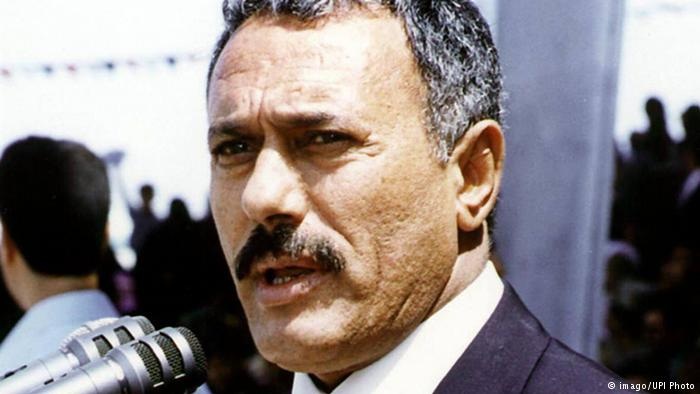After murdering Former Yemen’s President Ali Abdullah Saleh, the political scene of the country became unclear heralding some scenarios which would determine the fate of civil war-ravaged nation over more than two years.
Some observers of Yemeni situation see that the military and financial support by Iran poses a major barrier against ending war in Yemen, so they expect that the situation would remain unsettled.
On other respect, Yemen’s president Abd-Raboo Mansour Hady reacted to initiate a military operation called “Arabism Sana’a” which would continue fighting in collaboration with Saudi-led Arab coalition to confront the houthis’ threat.
Stimulating people to back him, legitimate president Hadi said he will grant a presidential pardon to anyone severing his ties with Houthis.
Saudi ambassador to Yemen, Mohammed Al-Gaber, confirmed as well that his country would stand by Yemen whatever crimes committed by houthis.
Further bloodshed
As a result of Houthis insistence on creating violence and sowing chaos, it is expected that the Saudi-neighboring country would witness further bloodshed, as per the observers’ views.
They added that Popular Congress forces affiliated to Saleh’s party would join the Arab coalition in retaliation for their leader, who was killed by Houthis and that could much help the Arab coalition.
Given the Iran’s agenda which pursues a policy of expansion in the Middle East using its militant arms such as Huthis in its proxy wars, another experts viewed Yemen as a country on the brink of partition.
They see that Yemen territory would be divided as it was before 1990 .
Pre 1990 Yemen was split into two states; North Yemen and South Yemen, and every one enjoyed autonomy.
According to the analysis, the South will be given to Hady’s allies and the North to Houthis.
Another analysis said it would be a federal state comprised of six provinces and that was already put in the Yemen’s constitution in 2014.
The constituent assembly formed by president Hadi which drew up the constitution identified some articles on the position of the capital Sana’a and Aden.
It was defined sann’a as an autonomy region while Aden as economic and administrative city.
The last one scenario observers expect, lies in the dialogue with Saudi Arabia which lead the Arab coalition to liberate the country from Houthis.
According to their views, it is likely to happen by Russia as a peace broker which has close links with Iran.
On same context of peace measures, Simon Henderson, an Expert in Gulf affairs in Washington Institute, said that the US should bear the responsibility for ending that crisis.
He elaborated that America could block Iranian weapons transferred to Houthis and encourage a legitimate political process in Yemen.








































admin in: How the Muslim Brotherhood betrayed Saudi Arabia?
Great article with insight ...
https://www.viagrapascherfr.com/achat-sildenafil-pfizer-tarif/ in: Cross-region cooperation between anti-terrorism agencies needed
Hello there, just became aware of your blog through Google, and found ...